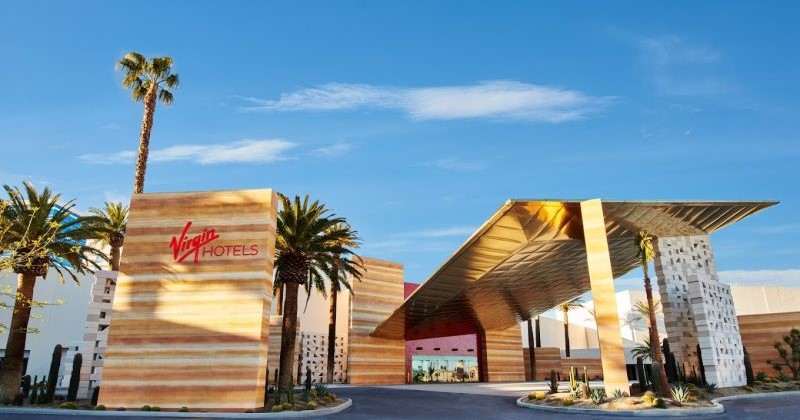
Clark County C-PACE closes first project
Last year, officials in Clark County, Nevada announced the launch of the Commercial Property Assessed Clean Energy (C-PACE) Program, and this month the program closed its first project: a $190 million loan to renovate Virgin Hotels Las Vegas with sustainable, efficient measures.
The project is one of the largest C-PACE loans in the country, enabling energy-efficient upgrades that will provide long-term savings for the property while helping the environment with important measures in energy efficiency and water conservation—an important goal for Clark County and Nevada.
Nuveen Green Capital provided the capital for the C-PACE loan.
As the program administrator for Clark County C-PACE, Slipstream is honored to play a part in helping commercial building owners and county officials launch energy-efficiency projects of this scale.
An in-depth look at some of the eligible C-PACE updates financed through the project:
HVAC Upgrades: New hot water and chilled water rooftop units include efficient technology such as energy recovery wheels and variable frequency drives. Additionally, parts of the existing building automation system have been upgraded to include additional building controls, such as temperature resets and occupancy sensors.
Facade Window: The building entrance shields the extensive glass windows from exterior daylight with large concrete shading covers, reducing the cooling load throughout the building.
Water-Saving Upgrades: Along with new, PACE-eligible plumbing fixtures in the bar and bathrooms, the renovation conserves water by replacing the existing lazy river, waterslide, and rehab pool with an artificial turf event space. This turf event space also qualified under the Southern Nevada Water Authority's (SNWA) Water Efficient Technology rebate program.
Desert Landscaping: Virgin Hotels will use some C-PACE funds to substitute the existing landscape with desert landscaping that complies with the requirements of a water-efficiency landscaping reduction.
Read more about the project in Clark County's press release.